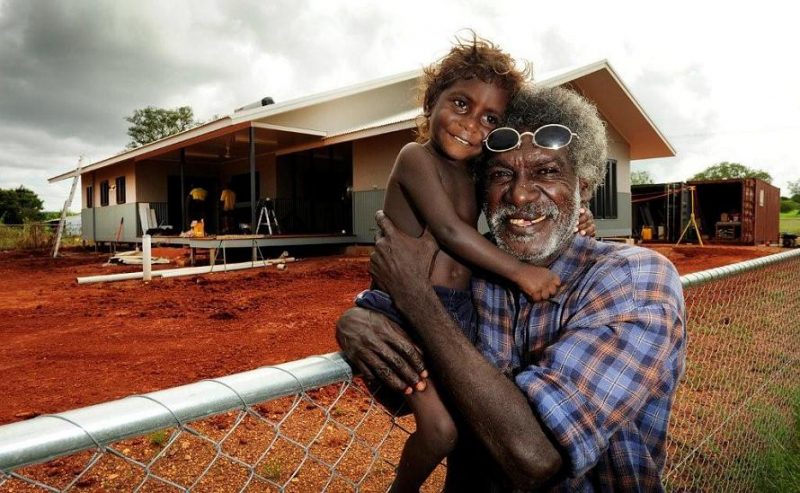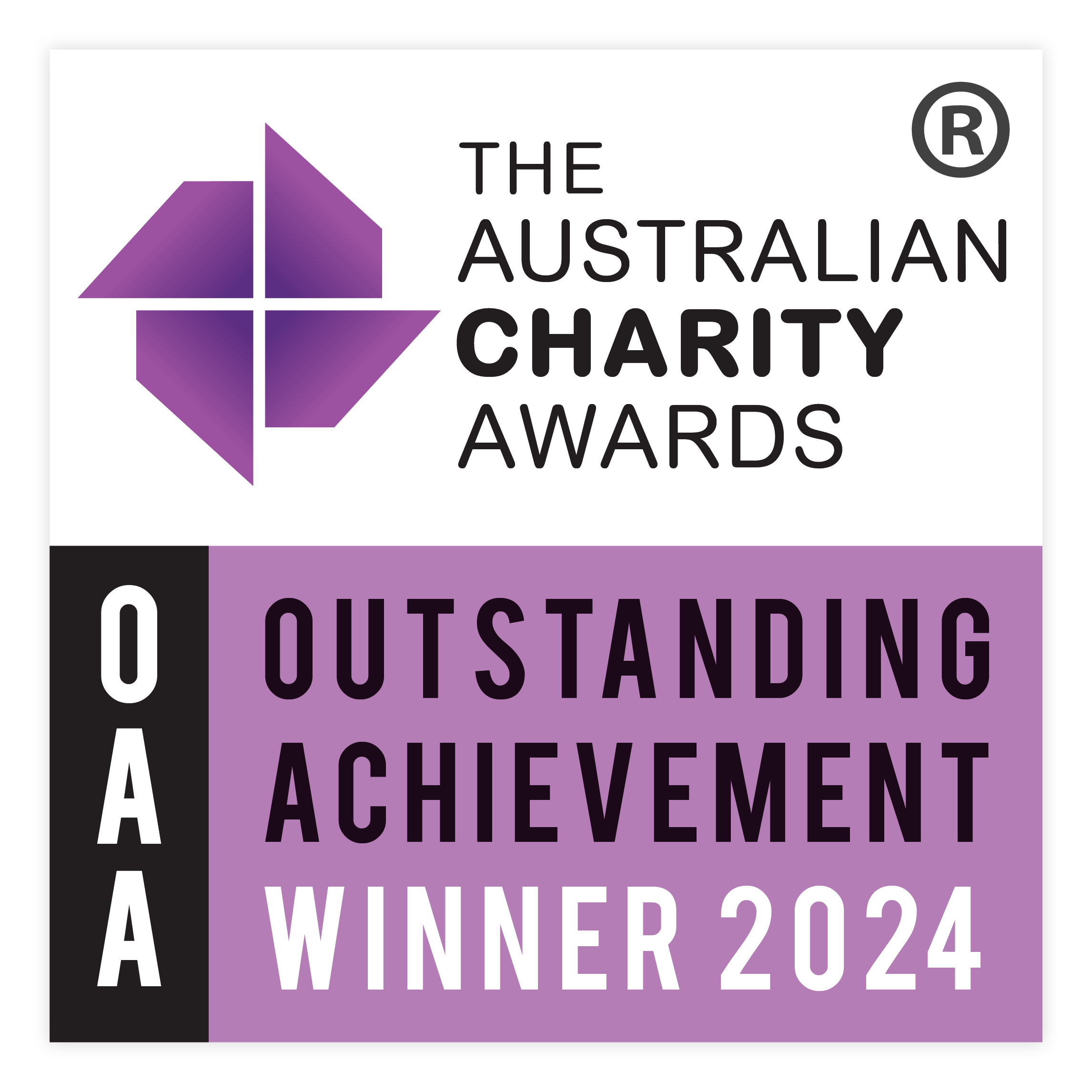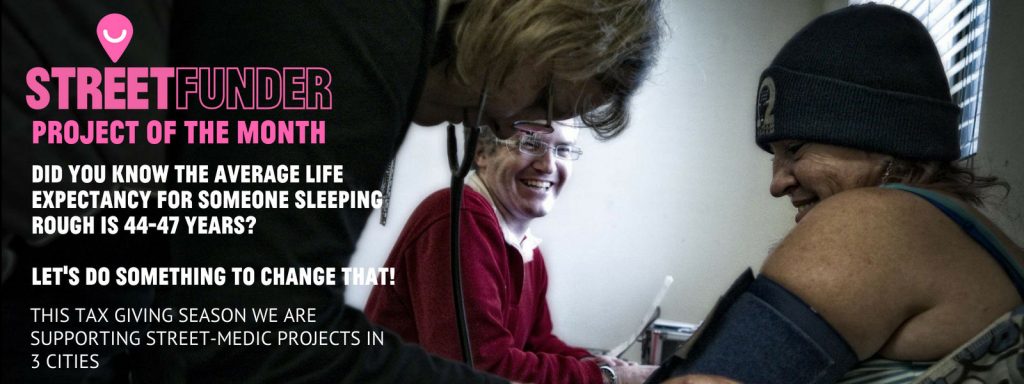
Research from overseas suggests that homeless people, who sleep rough, have a life expectancy of between 43 – 47 years. Sleeping on the street is dangerous and creates a host of health issues, and untreated chronic illness, wounds, and infections, that most people think we left to the earlier parts of the 20th century, can turn deadly.
Rough sleepers commonly suffer from untreated mental health issues, injuries, skin infections, poor foot and mouth care, and blood-borne viruses. In winter it’s especially hard to keep on top of even the most minor of ailments, which can become serious problems.
As numbers of homeless people swell, and winter closes in, this months EOFY StreetFunder campaign will raise vital funding for three lifesaving health projects – Night Nurses (Melbourne), Homeless Healthcare (Perth) and Street Med (Sydney) – who hit the streets each night to care for the most vulnerable in our community.
HOMELESS HEALTH – PERTH
Homeless Health is a vital service run out of the back a van by Dr Andrew Davis, and a social worker. They cover drop in centres and homeless street ‘hot spots’. They provide care 365 days a year – including nights, round the clock nurses, support workers, and special support for newly housed people, to help keep them housed. This month we are helping to replenish their medical supplies.
“One of the major issues we face is wounds. When you’re living on the street and you get a cut, or can’t keep your feet dry – the rate of infection is very high and can be fatal if left untreated. That’s why we always need a good stock of wound dressings. The other issue that our patients face is chronic health conditions like diabetes which have been untreated for a long time. Having Diabetes kits available is really essential.” Dr Andrew Davis, Homeless Health.
NIGHT NURSES – MELBOURNE
Night Nurses are a team of committed professional nurses who walk the streets of Melbourne’s CBD every Friday, Saturday and Sunday from – 7pm to 11pm, helping care for some of the most vulnerable people in our community. They help support the work of Youth Projects primary health service – the Living Room and the Women’s Wellness Center (both of which have been supported by StreetSmart).
“It will go a long way to providing the basics needed for keeping people healthy and well. That might be as simple as snacks for diabetics, providing a wound dressing, or socks for people whose greatest challenge is keeping their feet protected from ‘trench foot’ – a condition that is used to describe what happened to men in the trenches of WW1. We need to ensure our Nurses are properly equipped with the tools they need to treat people effectively, on the spot, and this grant will make a good dint in our equipment needs.” Richi Goonan, Operations Manager for Community Health, Youth Projects.
STREET MEDIC – SYDNEY
StreetMed Inc. provides street-level first aid, mental health and advocacy for the homeless and at-risk people in Outer Western Sydney. On an average shift, they see 20-30 people and help treat and manage chronic health conditions like diabetes and wounds from life on the street. One of their aims is to equip people with the things they need to treat problems before they get serious.
“At street level, we see a variety of injuries and wounds ranging from minimal right through the spectrum to requiring medical assistance. If our clients were equipped with early intervention measures such as first aid kits, their level of care would increase and the long-term ramifications of infection and medical intervention would decrease. Currently, as volunteers, we have been sourcing first aid kits funded from our own pockets and the response we have received to the few we have handed out has been overwhelmingly positive.” Chris Cleary, Founder, Street Med
These three projects provide vital care for people sleeping on the streets, in parks, under bridges or where ever they can find shelter. As winter sets in the demand for their services increases and these services depend on public support. We believe no one should be sleeping rough, but they are, and numbers have increased dramatically over the past 5 years.
Our aim is to raise $20,000 during June to share across the three projects. All donations are tax-deductible and we’d love your support to help deliver care where it is needed most.

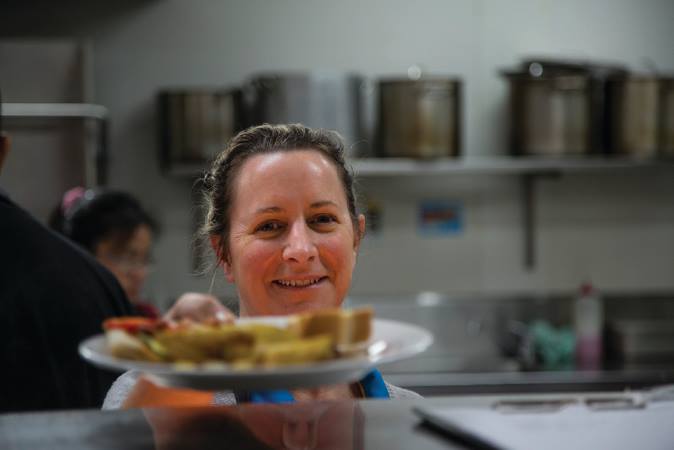

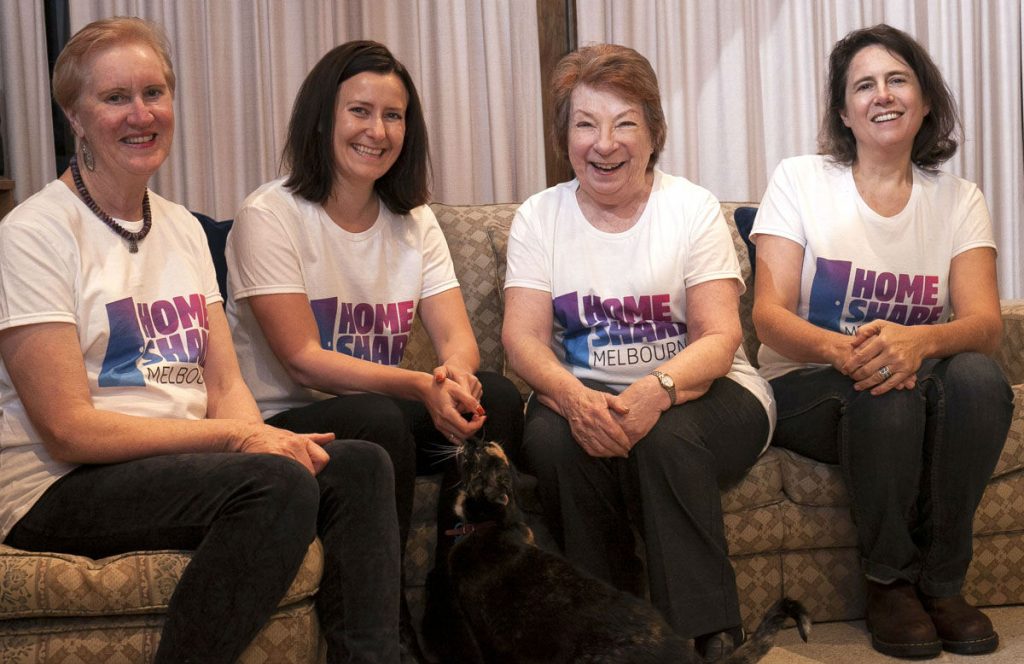
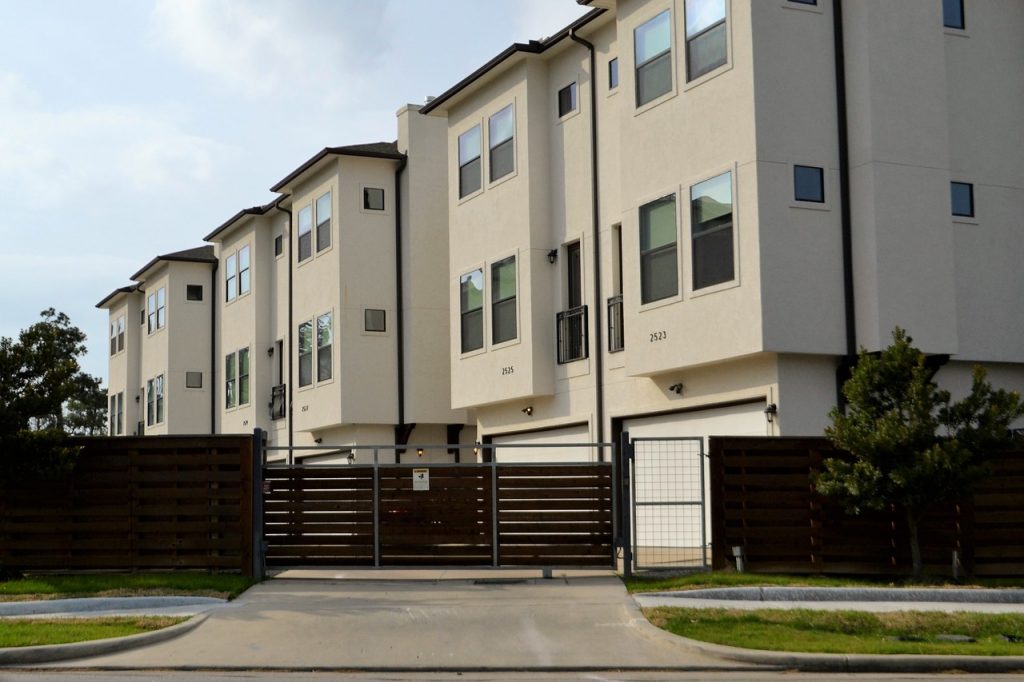
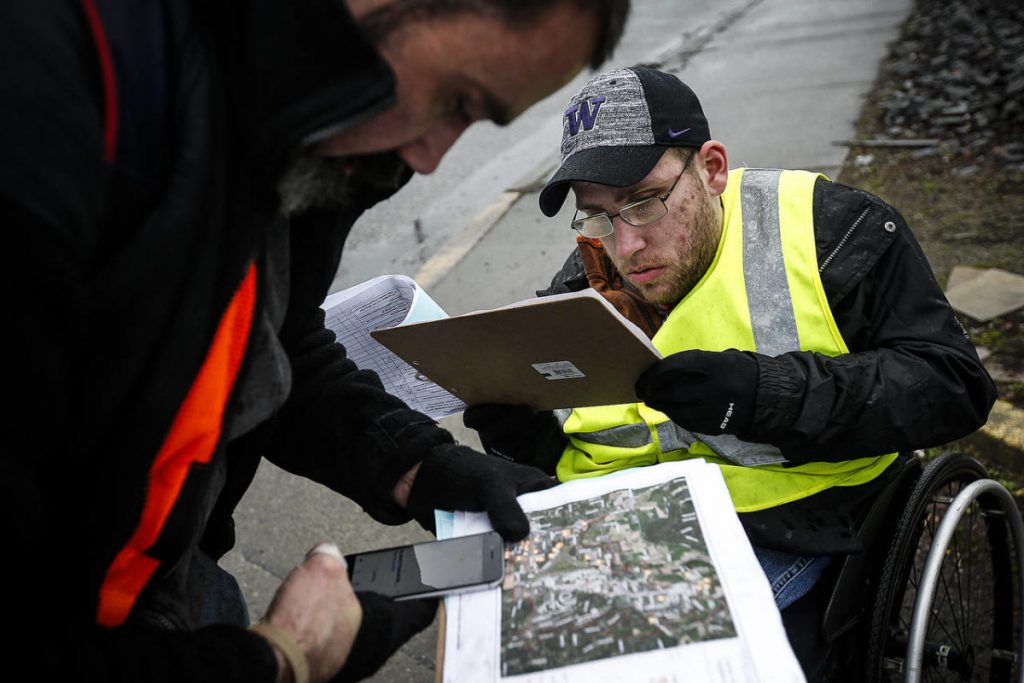


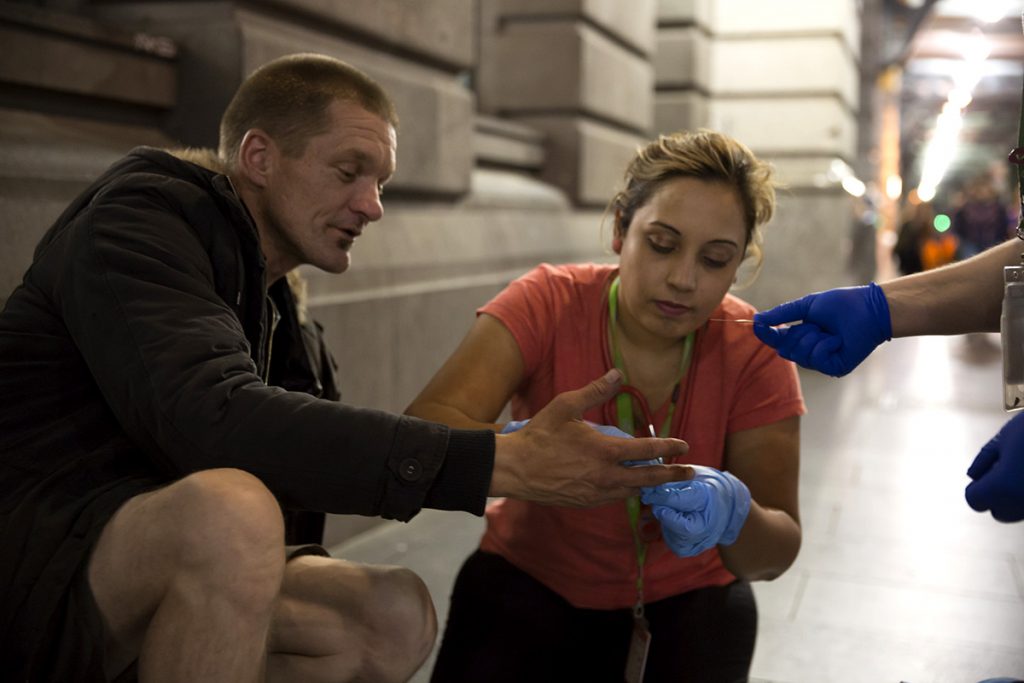
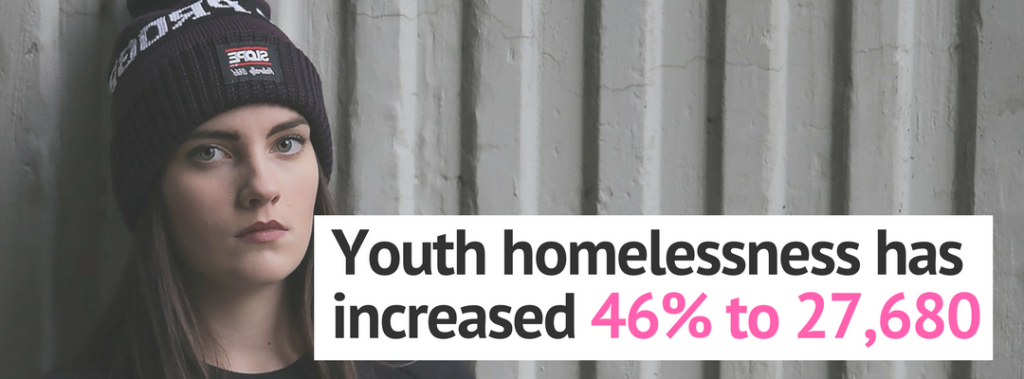
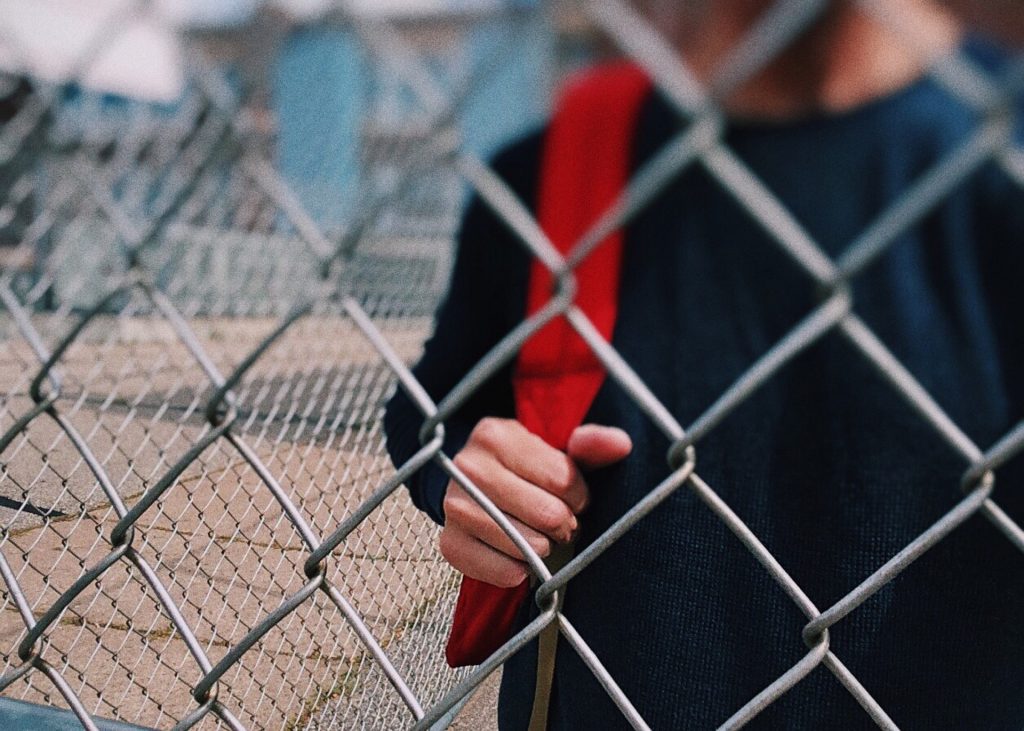
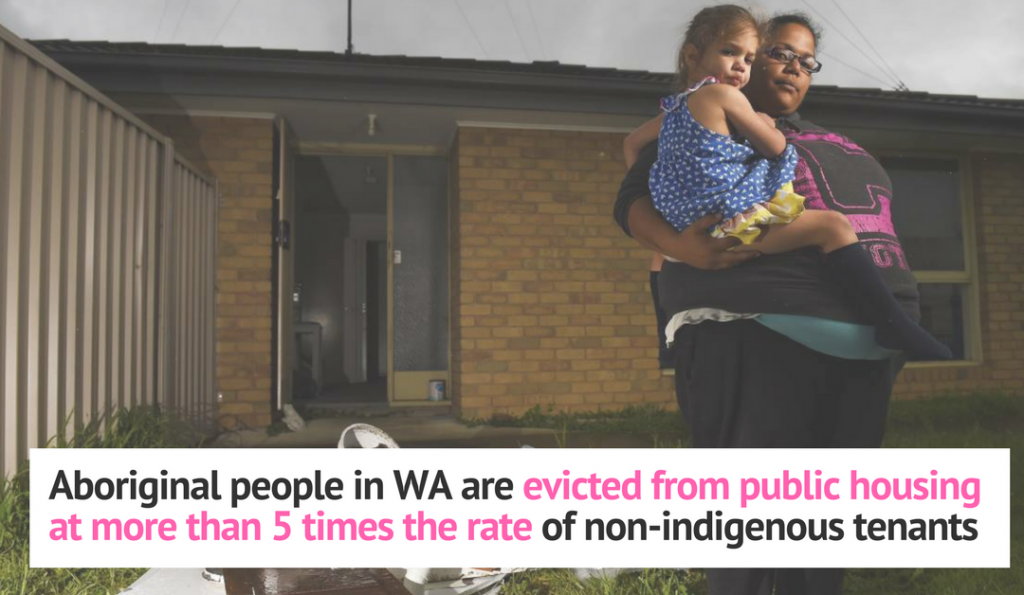 In 2011 the WA government implemented a ‘big stick’ approach to public housing evictions. Because Indigenous people are more likely to require public housing, and more likely to have complex issues – the practice has meant more Indigenous evictions. The First Nations Project have proven that the big-stick is unwarranted. By providing the assistance a family needs, like property maintenance and psycho-social support they need. The Project has prevented 100% of evictions and achieved this result with an army of volunteers and very little funding. When the taxpayer bill for every eviction is $40,000 and comes at enormous cost the family, we have to ask – who is it really helping?
In 2011 the WA government implemented a ‘big stick’ approach to public housing evictions. Because Indigenous people are more likely to require public housing, and more likely to have complex issues – the practice has meant more Indigenous evictions. The First Nations Project have proven that the big-stick is unwarranted. By providing the assistance a family needs, like property maintenance and psycho-social support they need. The Project has prevented 100% of evictions and achieved this result with an army of volunteers and very little funding. When the taxpayer bill for every eviction is $40,000 and comes at enormous cost the family, we have to ask – who is it really helping? 